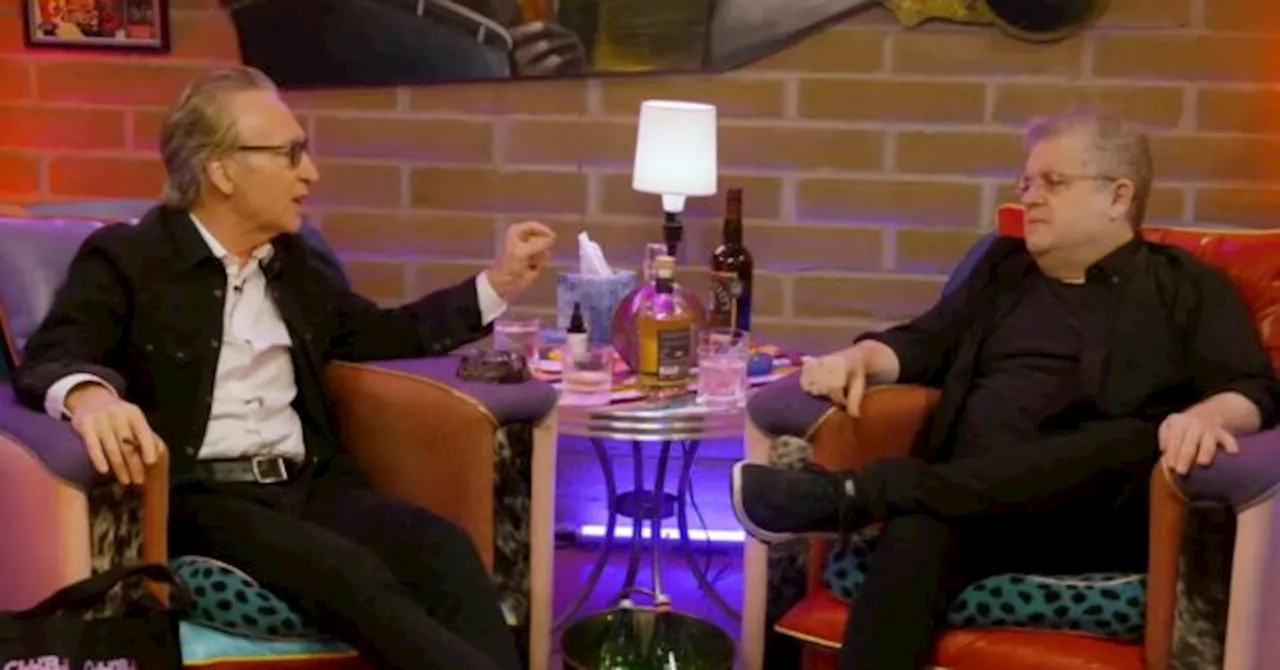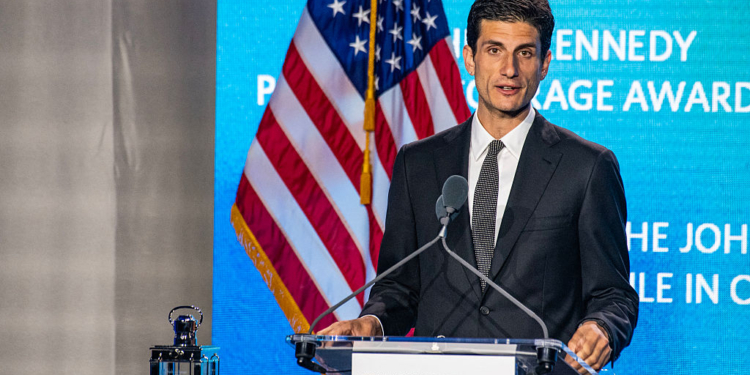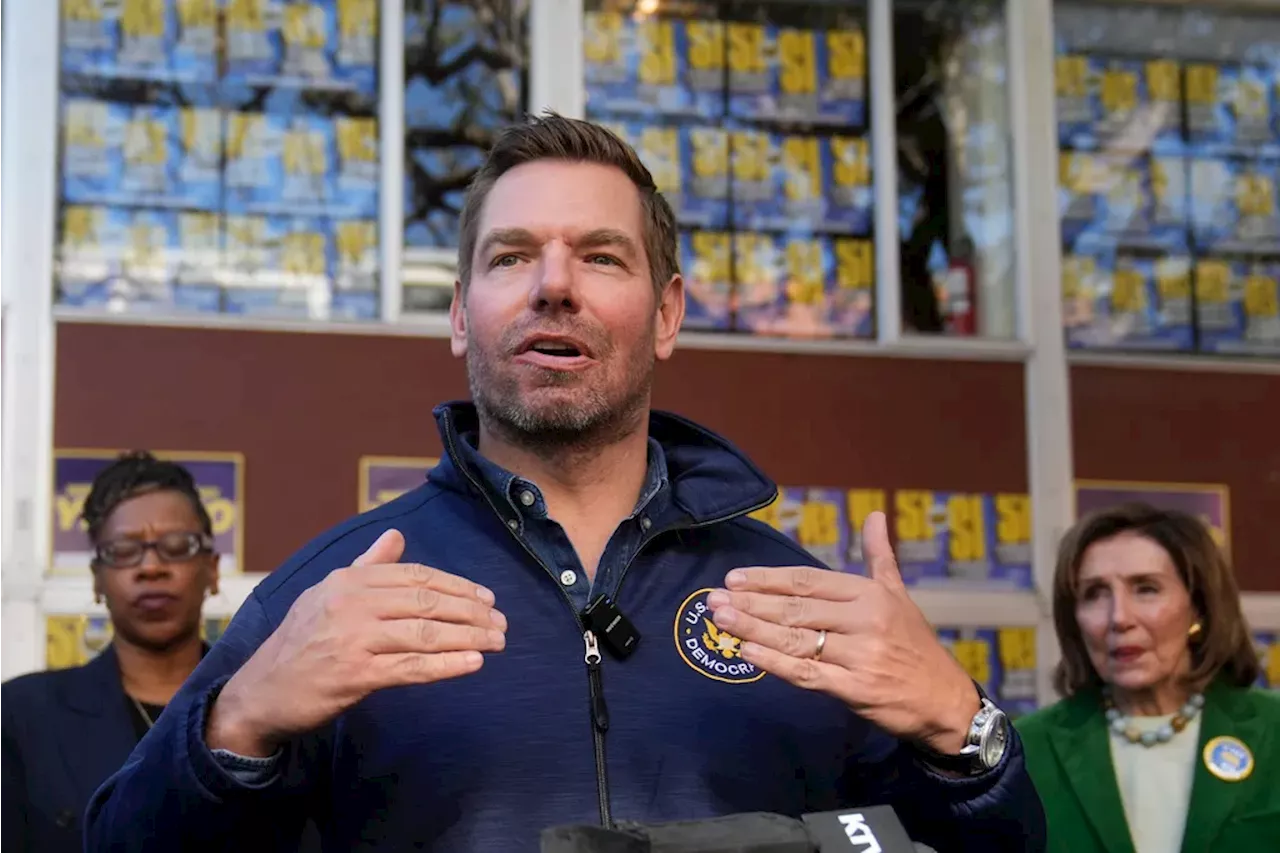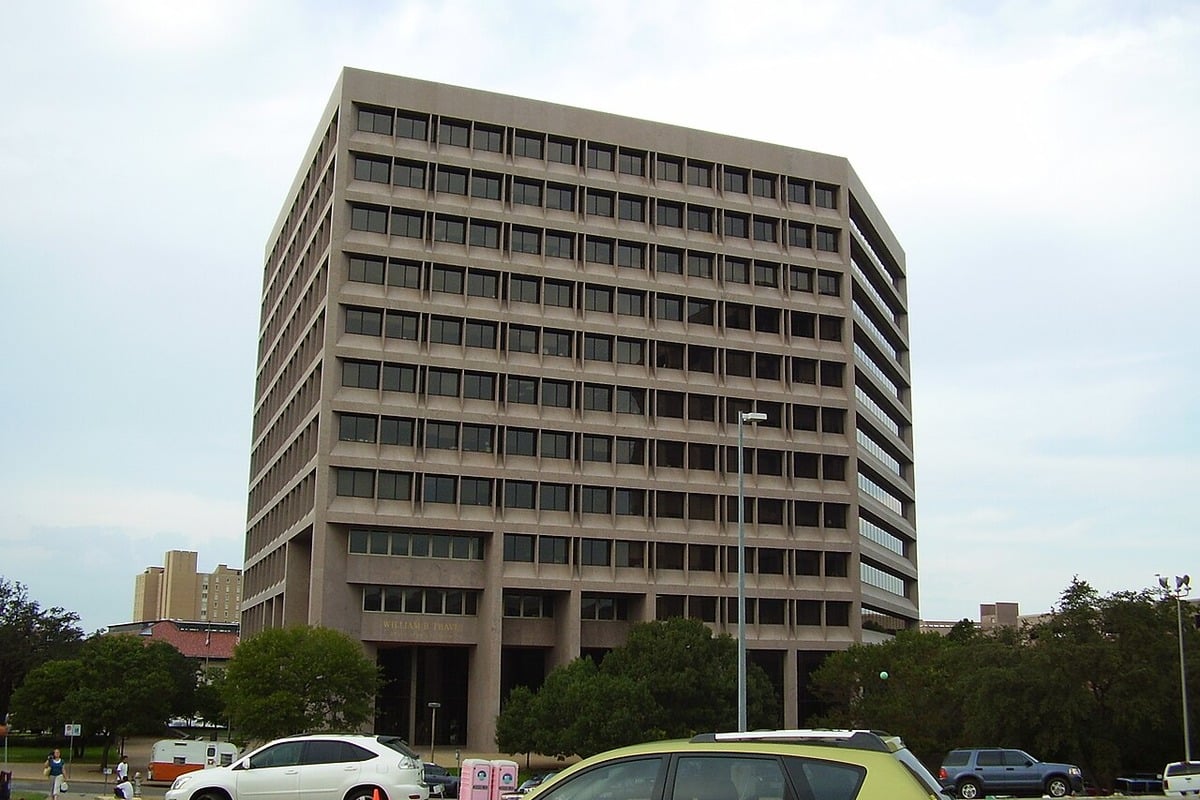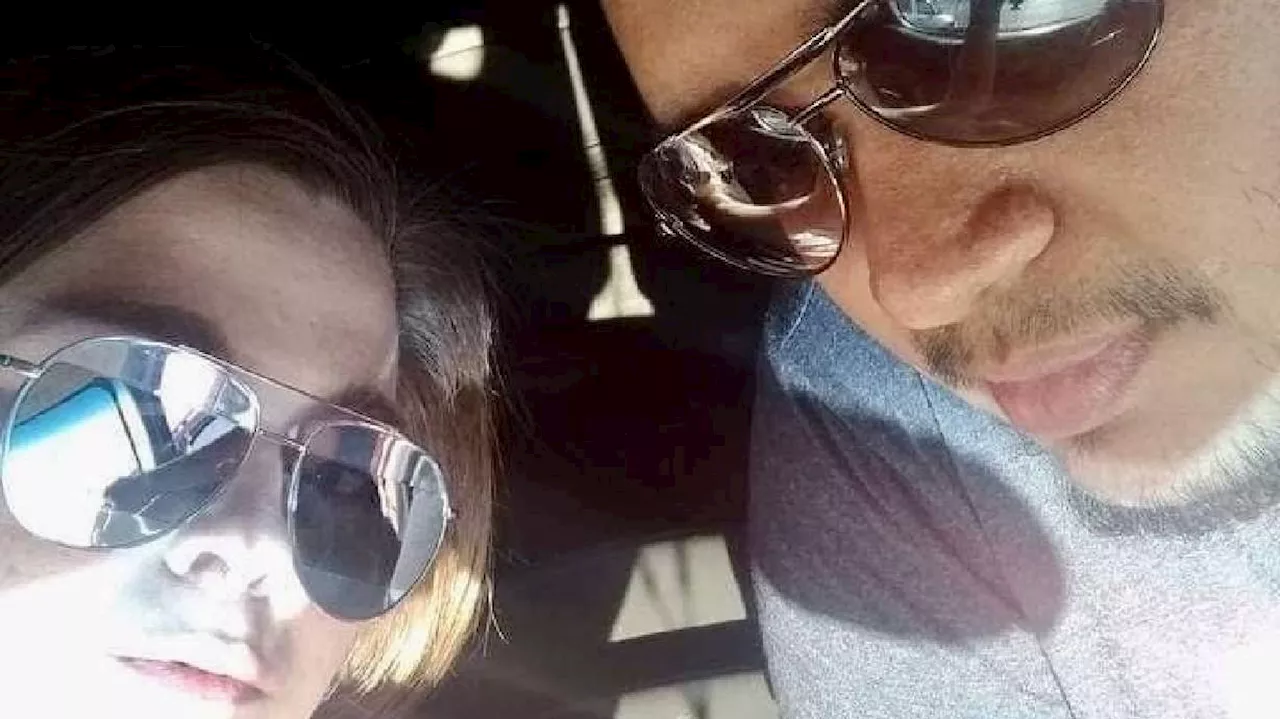In a recent episode of HBO’s “Real Time,” comedian Bill Maher confronted fellow comedian Patton Oswalt regarding the long-standing issue of Muslim grooming gangs in the United Kingdom. Maher criticized the limitations of what he termed the “Bluesky bubble,” a reference to the social media platform that he claims fosters echo chambers that prevent awareness of significant news events, particularly those impacting societal issues.
During their discussion, Maher pointed out that Oswalt seemed unaware of the ongoing scandal involving predominantly Pakistani Muslim grooming gangs that have exploited vulnerable young girls in England for decades. He noted that these events, which have persisted since the 1980s, represent a severe societal issue that has not garnered the attention it deserves, especially within liberal circles. Maher emphasized that areas in the UK have undergone significant cultural changes, suggesting that they have “become Islamicized” over time.
Oswalt’s reaction indicated his unfamiliarity with the depth of the issue, as he questioned Maher’s assertion and jokingly referenced the British Royal Family. Maher seized this moment to underscore the gravity of the situation, explaining that these gangs have primarily targeted impoverished white girls, subjecting them to horrific treatment that he argued is more prevalent in traditional societies where women face systemic inequality.
Addressing Gender Apartheid
Maher urged that the issue of “gender apartheid” in the Islamic world should be a primary concern for the political left, should they genuinely aim to combat oppression. He stated, “I think I’m seeing it much more clearly; gender apartheid should be your number one issue if you really care about oppression.” His remarks suggest a call to action for those in power to recognize the challenges faced by women globally, particularly in contexts influenced by certain interpretations of Islam.
He elaborated on the irony of current diversity, equity, and inclusion (DEI) initiatives allowing practices that contradict liberal values. “This is the least liberal thing you could be is treating women as second-class citizens,” Maher remarked, highlighting the contradictions within progressive policies that allow such issues to persist unaddressed.
Oswalt defended his position by expressing skepticism towards narratives that emphasize the ethnic and religious backgrounds of the grooming gangs. He suggested that focusing on these aspects risks aligning with conspiracy theories and far-right agendas. Nonetheless, Maher pointed to the Labour Party’s own struggles to acknowledge the role that race and religion played in these systemic abuses, noting that the party was compelled to reassess its stance due to public pressure and the revelations of the inquiry looking into local authorities’ failures.
The inquiry is set to explore how these authorities neglected to protect vulnerable girls from the predatory practices of grooming gangs, which have reportedly exploited thousands over the years. This situation has raised significant concerns about the effectiveness of social services and law enforcement in safeguarding at-risk communities.
The conversation between Maher and Oswalt reflects a broader struggle within political and social discourse over how to address complex issues involving immigration, cultural identity, and systemic abuse. As the UK grapples with the ramifications of these grooming gangs, discussions like this highlight the urgent need for awareness and action across all political spectrums.

